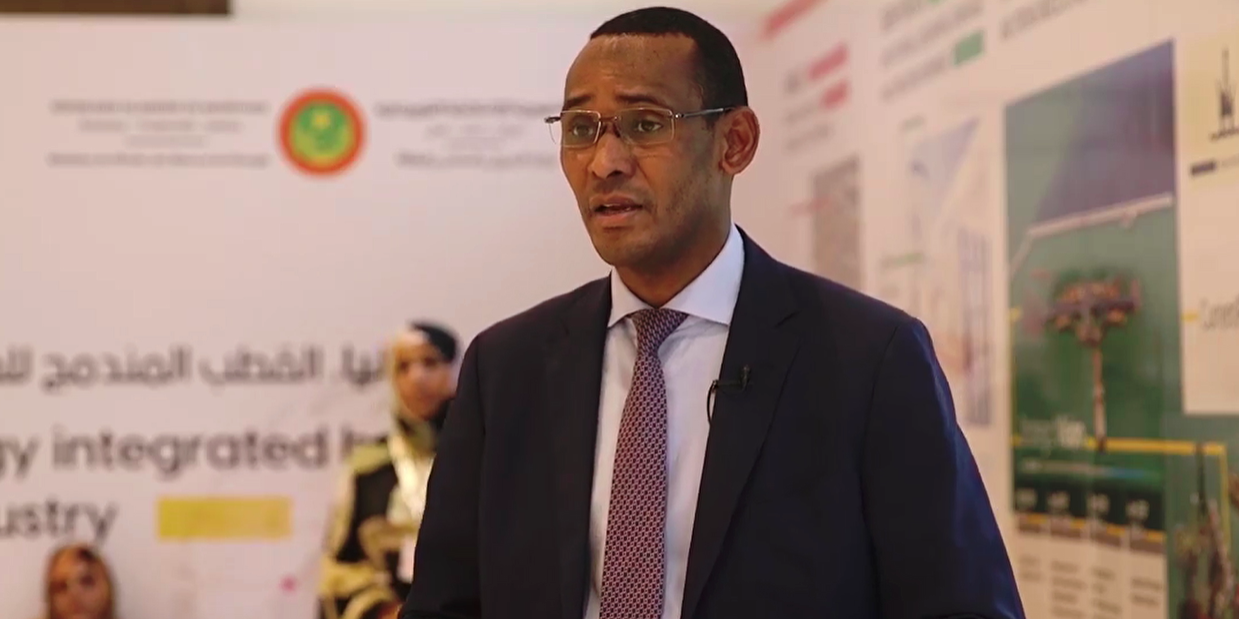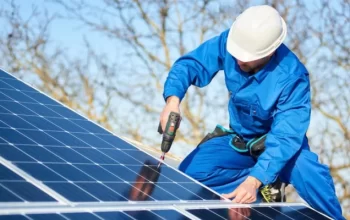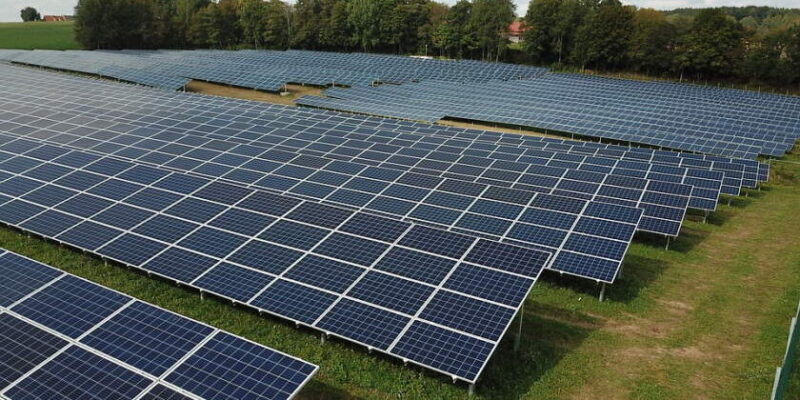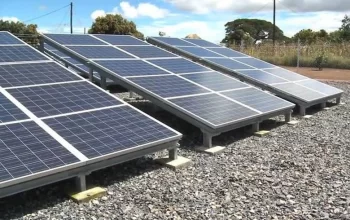Moustapha Bechir, the Director General of Hydrocarbons at the Ministry of Petroleum, Energy and Mines in Mauritania, recently participated in the Mauritanian ministerial panel at MSGBC Oil, Gas, & Power 2023.
During the event, he shared insights into Mauritania’s energy hub in Nouakchott, plans for local content development, and infrastructure revamp strategies.
Mauritania possesses several strategic assets that contribute to its energy sector. These include its favorable geographical location in proximity to Europe, a vast surface area, and an extensive coastline spanning over 600 kilometers.
These factors, combined with abundant renewable energy potential in solar and wind, as well as substantial gas and mining resources, provide Mauritania with the necessary components to actively contribute to the global energy transition.
The Ministry of Petroleum, Energy and Mines envisions Mauritania as an integrated hub for low-carbon and green energy, particularly targeting the growth of the green steel industry.
The country aims to position itself as a leader in sustainable energy and promote environmentally friendly industries.
Developing a dedicated area for the energy sector and related industries in Mauritania offers specific benefits. It allows the country to leverage its strategic assets and play a crucial role in the energy transition.
The chosen location for this hub is Nouakchott, which will be developed in stages, building upon existing infrastructure and expertise gained over the years.
By creating a platform of services for the emerging energy and gas sector, Mauritania aims to facilitate rapid growth and contribute to an integrated vision that includes local content development.
The objectives of the hub encompass clean energy production, establishing a low-carbon gas industry, promoting environmentally friendly mining practices, and implementing green initiatives across industries.
The designated zone for the energy sector in Nouakchott will serve as an economic growth pole, attracting foreign direct investment and providing opportunities for the local private sector to become more involved in specialized services related to gas and energy activities.
It will also promote job creation, skill transfer, and expertise development. The zone aims to create sustainable and inclusive economic development in Mauritania.
The hub is initially planned to cover 20 hectares of virgin land south of the port of Nouakchott, with the potential for expansion if required.
Mauritania is willing to develop a special framework to attract initial investors and establish a promotional regulatory framework that incentivizes service companies to settle within the dedicated zone and the country as a whole.
Collaboration with the Ministry of Economy, the Nouakchott port, and a consortium of consulting firms is underway to conduct studies, prepare documentation, and select an operator to build and operate the zone. The objective is to create an attractive zone with advantages that appeal to a wide range of participants.
Developing local content and maximizing the involvement of local companies is a key focus for Mauritania. The establishment of the dedicated zone aims to create employment opportunities, enhance local content participation, and transfer skills to local companies.
Stakeholder workshops and engagement processes are conducted to involve local partners and potential investors in shaping the project and aligning it with their expectations. Global conferences like MSGBC Oil, Gas & Power 2023 are utilized to promote the project and attract further interest and participation.
Financing low-carbon natural gas projects and other cleaner initiatives in Africa and Mauritania is a significant challenge. However, Mauritania believes that gas resources can play a crucial role in the transition to cleaner energy sources.
The country is working on developing a code for green hydrogen to incentivize low-carbon energy. By 2030, operational green hydrogen projects are planned, along with a significant increase in gas usage and a reduction in heavy fuel oil consumption.
Integration of more renewable energy sources into the electricity grid is also targeted, aiming for a greater presence of clean energy in the overall energy mix by 2030.
Mauritania is addressing infrastructure needs to support oil and gas developments in two key areas. Firstly, common infrastructure such as ports and roads will be updated to accommodate upcoming projects, particularly in the field of hydrogen.
Secondly, upstream infrastructure related to gas is being developed, including studies for a pipeline that could serve NDiago, Nouakchott and potentially Nouadhibou. Additionally, a study is underway for a power plant, starting with 300 megawatts and potentially expanding to 1,000 MW. This power plant will support production projects by 2027-2028. These infrastructure efforts aim to support the growth of the oil and gas sector in Mauritania.
![]()




